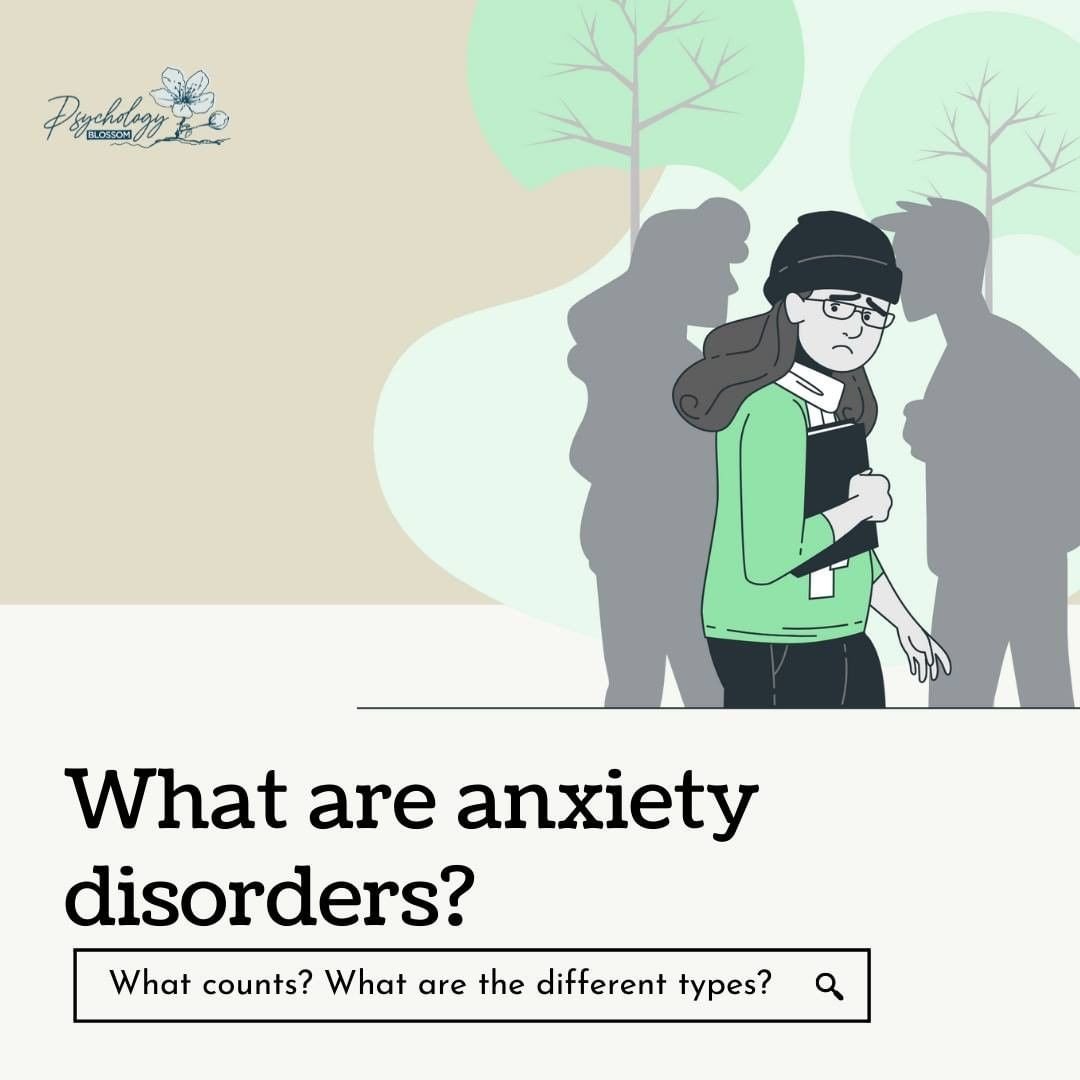Anxiety Disorders: Symptoms, Risks, and Treatments
Feeling anxious can be normal in a stressful situation. It’s a way our body tells us to prepare for danger and to be alert to a threatening event, known as a “fight or flight” reaction. However, anxiety disorders differ from normal feelings of anxiousness, where anxiety may become irrational, overwhelming, and persistent. Consequently, when anxiety becomes too overwhelming, it can interfere with daily functioning such as relationships and performance at work.
Diagnostic Criteria for Anxiety Disorders
For a formal diagnosis of anxiety disorder, the fear or anxiety experienced must be:
- Unproportionate to the situation or the age of the individual
- Interfering with daily functioning
Common Symptoms in Anxiety Disorders
Some general symptoms of an anxiety disorder may include both physical and psychological manifestations. These symptoms often persist over long periods and can severely impact quality of life if left untreated.
- Breathing rapidly (hyperventilation)
- Trembling
- Trouble concentrating on anything other than present worry
- Heart palpitations
- Dizziness
- Chest pain
- Sweating
- Insomnia
- Headache
- Avoiding interaction with people, or places
- Excessive worry
These symptoms vary in severity from person to person. Some individuals may experience a few symptoms intensely, while others have many that fluctuate in severity depending on stressors. Left untreated, these symptoms may become chronic and harder to manage.
Risk Factors
Risk factors of anxiety disorder may be due to a combination of biological and environmental influences. Traumatic and stressful events can build up and trigger excessive anxieties about safety, finances, or relationships. A family history of anxiety disorders suggests a genetic basis, while personality traits such as heightened sensitivity or perfectionism can also increase risk. Consumption of stimulants or irritants such as sugary foods, alcohol, coffee, and tea can exacerbate the effects of anxiety. Chronic stress from work, academic pressures, or caregiving responsibilities may also contribute significantly to the onset of an anxiety disorder.
Types of Anxiety Disorders
There are several subtypes of anxiety disorders, each with unique features, though all share the common thread of excessive, persistent fear or worry:
- Generalised Anxiety Disorder (GAD) – involves chronic and widespread worry about daily life events.
- Health Anxiety – preoccupation with having or developing serious illness.
- Agoraphobia – intense fear of being in situations where escape may be difficult.
- Panic Disorder – recurrent and unexpected panic attacks.
- Separation Anxiety Disorder – extreme fear of being separated from attachment figures.
- Social Anxiety Disorder – fear of social situations and negative evaluation.
- Specific Phobias – intense fear of specific objects or situations (e.g., flying, animals).
- Anxiety Disorder due to another medical condition
- Substance/Medication Induced Anxiety Disorder
- Selective Mutism – consistent failure to speak in specific social situations despite being able to speak in others.
Treatment
Treatment options for anxiety disorders are diverse and often tailored to the individual. Medication, such as Selective Serotonin Reuptake Inhibitors (SSRIs), can help reduce symptoms by balancing brain chemistry. However, relapse rates are found to be higher if medication is used alone without therapy.
Psychotherapy provides long-term coping skills. Evidence-based approaches such as Exposure Therapy help individuals face feared situations gradually, reducing avoidance behaviors and desensitizing fear responses. Cognitive Behavioural Therapy (CBT) is another cornerstone of treatment, teaching individuals to challenge irrational beliefs, reduce catastrophic thinking, and adopt healthier coping mechanisms.
Lifestyle adjustments such as regular exercise, balanced nutrition, and mindfulness-based stress reduction also complement formal treatment. These strategies enhance resilience and reduce symptom recurrence, empowering individuals to live healthier, more fulfilling lives.
We recommend This Video to those who wants to learn more about Anxiety Disorders.
